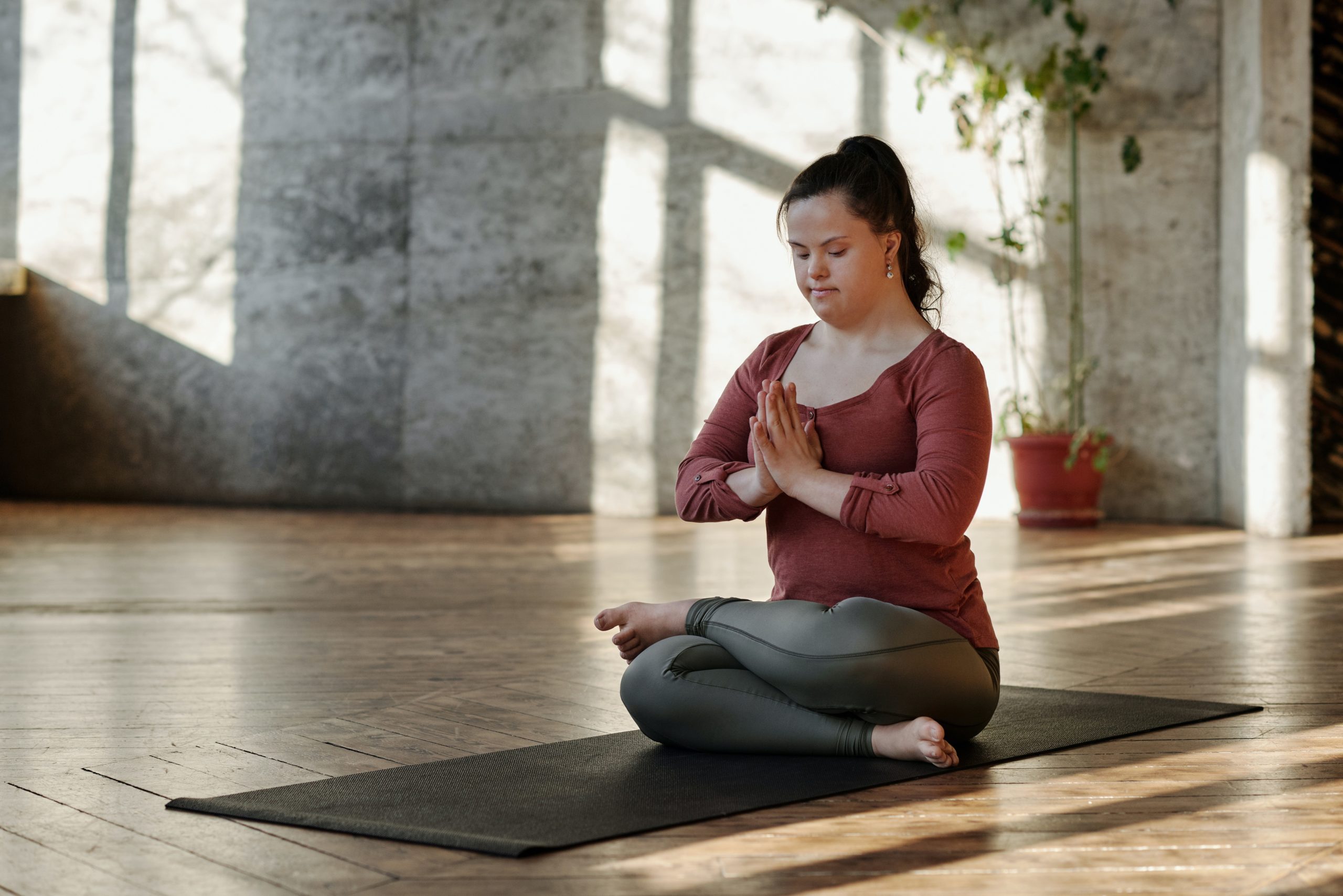How to Relieve Stress: Breathing Exercises You Can Do Anywhere

Slowing your breathing can help you calm down in any kind of stressful moment. It sends a message to your body that you are safe and that your body can come off of high alert. Shallow breathing, which is what we tend to do when we feel stress, does the opposite, keeping your body in a moment or cycle of stress.
Here are some simple breathing exercises you can do to relieve stress anywhere and anytime.
The Box Breath Technique
This technique is named for the 4-sided approach in which each “side” or step is the same amount of time, as if you were visually creating a box with your breath.
- Exhale all the air from your lungs while counting to four.
- Hold for a count of four, keeping your lungs completely empty.
- Inhale a deep, full breath for a count of four.
- Keep your lungs full for a count of four.
- Do this for at least four rounds and reduce the number of rounds if you start to feel light headed.
For visual learners, this video can act as a helpful guide for the Box Breath technique. Exhale when the flower expands. Hold when the flower is still. Inhale when the flower contracts. Repeat as needed.
4-7-8 Relaxing Breath
Sit or lie down in a comfortable position. Your eyes can be slightly opened or fully closed. Press the tip of your tongue to the roof of your mouth and open your mouth slightly. Exhale until all the air is released from your lungs.
- Close your mouth and inhale through your nose for 4 – 8 counts (you can work up to 8 counts as your lung capacity increases).
- Hold your breath for 7 counts.
- Exhale very slowly for 8 counts.
- Repeat steps 1-3 four times.
Additional Resources and Techniques
If Jewel can do it, so can you. The Grammy-Winning singer walks you through two mindful breathing techniques that she uses in her routine.
The app Headspace is another great tool for breathing on the go. This video offers a one-minute exercise you can do anywhere.
Getting Additional Support
These are just a few breathing techniques we find helpful but they aren’t always enough. If you’re struggling with your stress or anxiety levels, consider talking to a therapist about how you can create a routine of coping strategies that work for you. And if you or someone you know needs help immediately, Text “START” to 741-741 or call 988.






